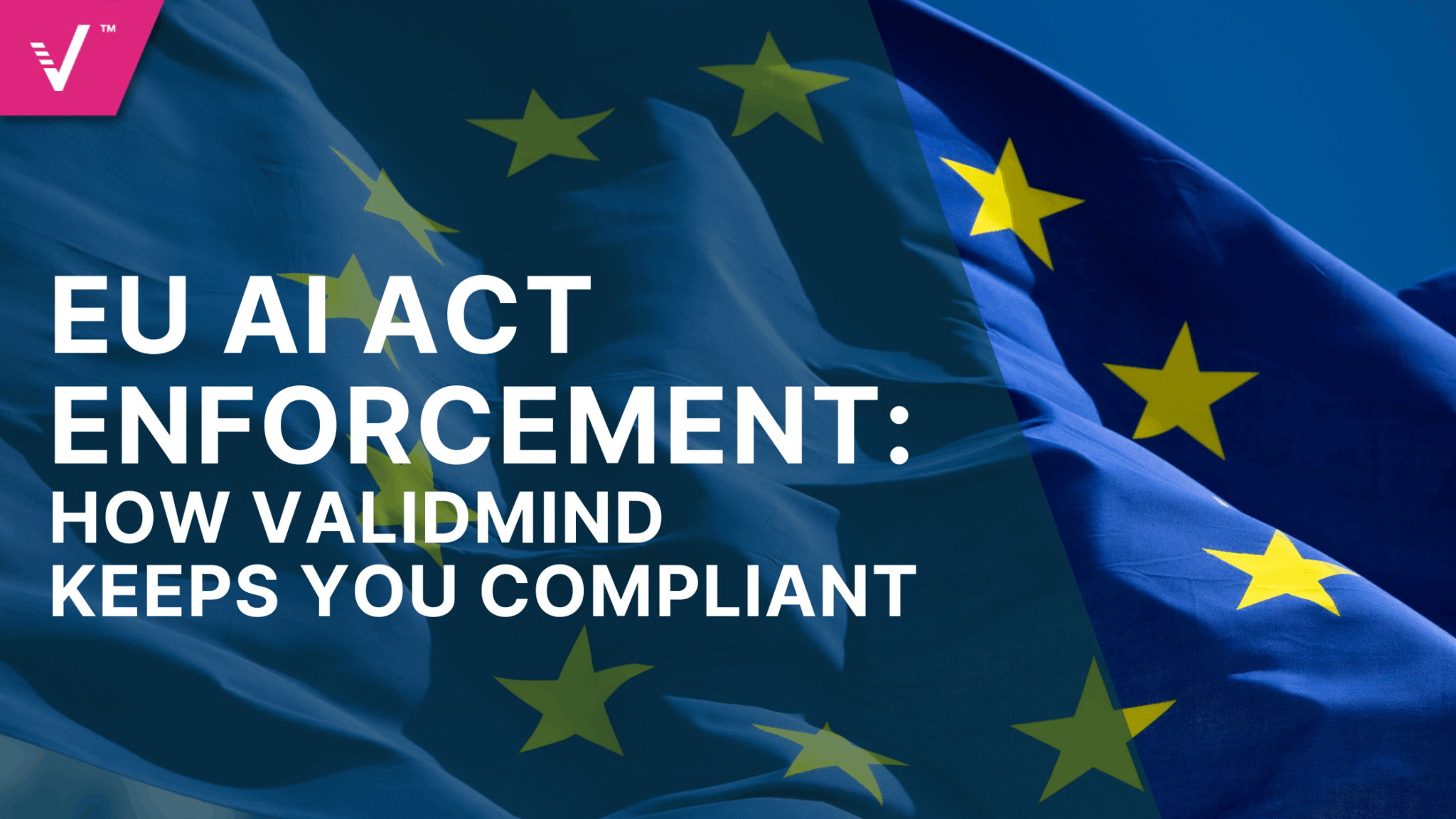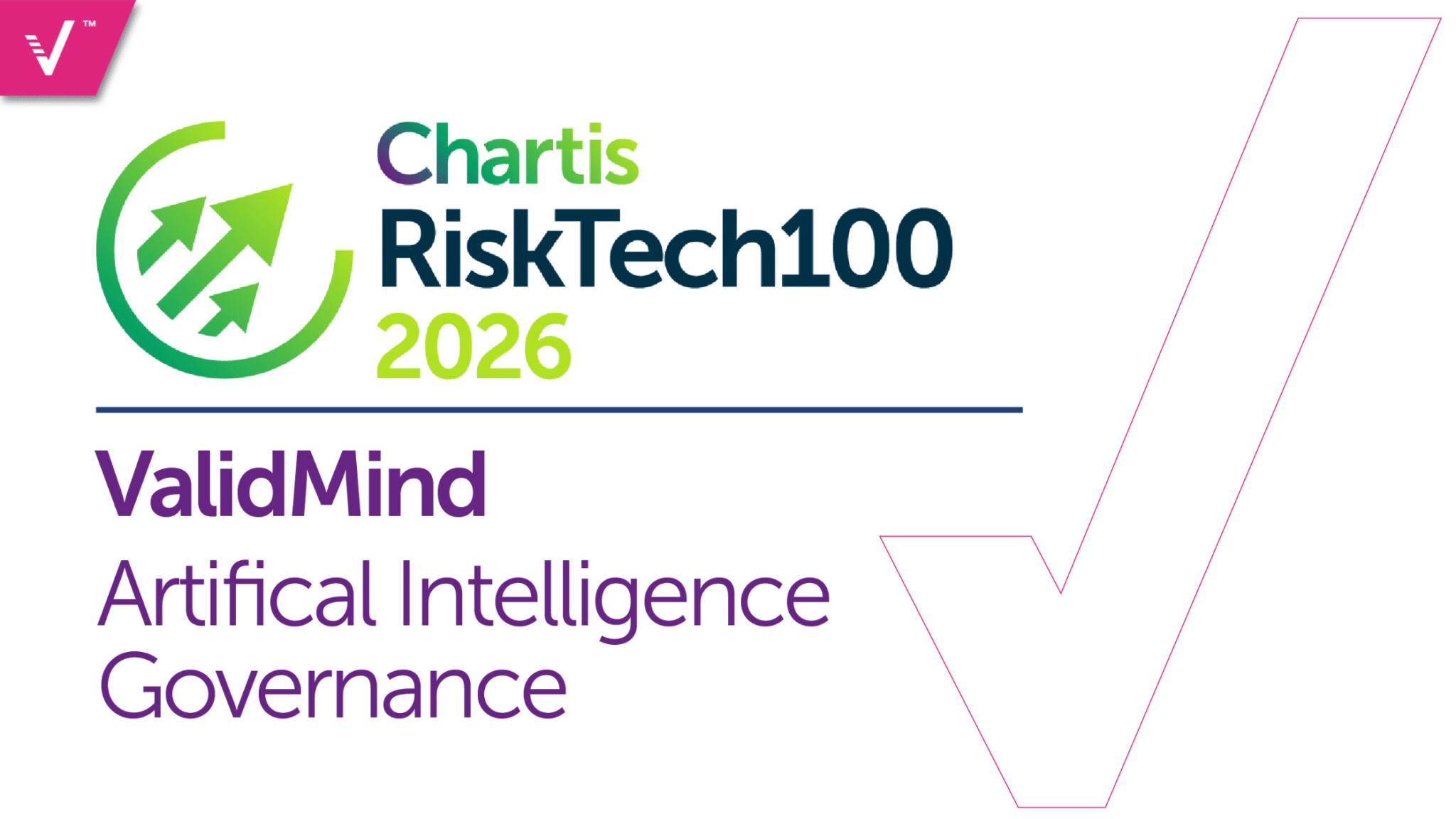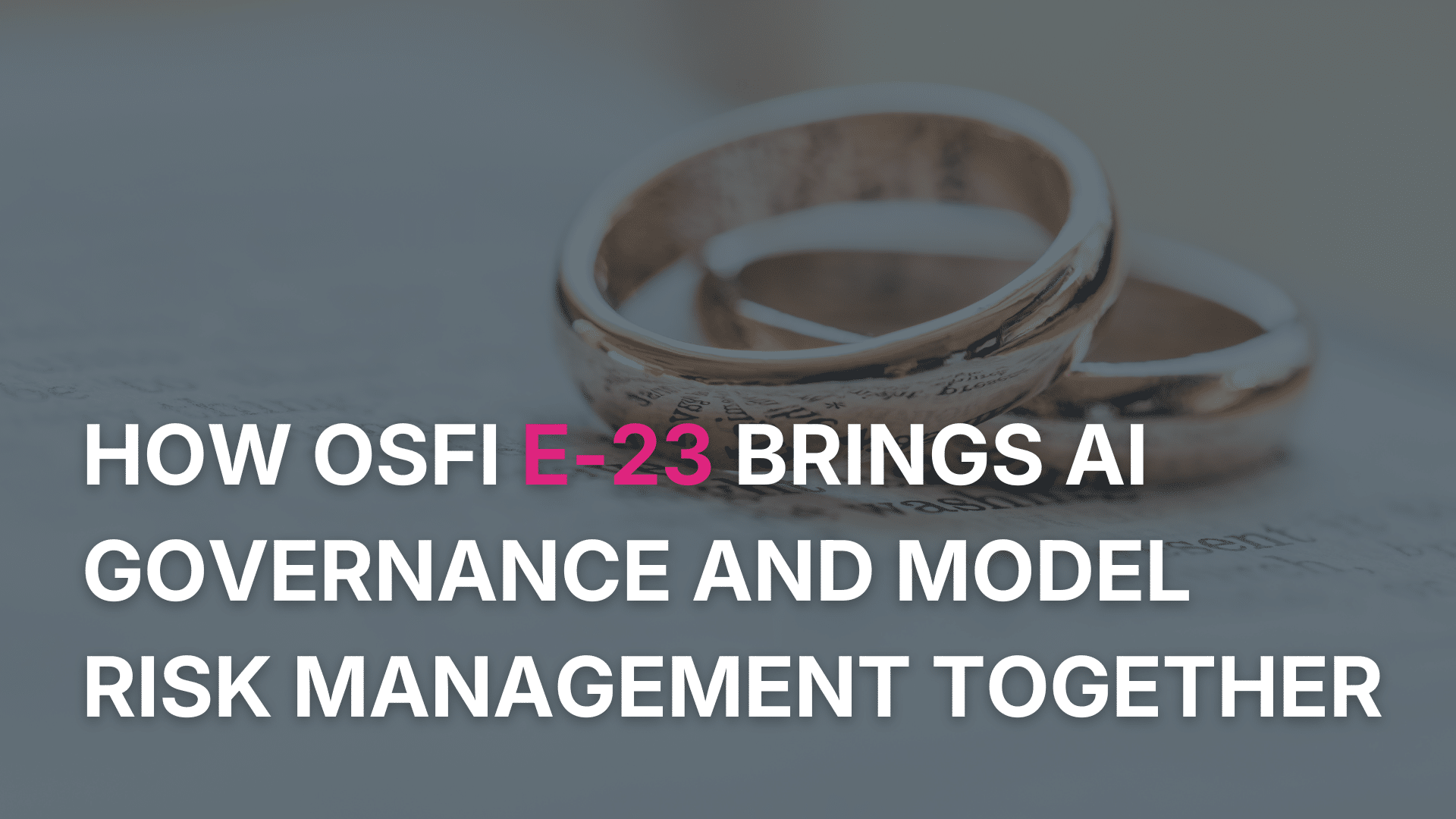EU AI Act Enforcement Moves Forward: 5 Ways ValidMind Can Help You Comply

The European Union’s landmark AI Act is entering its first critical enforcement phase, and the clock is ticking for regulated businesses to ensure full compliance.
By Aug. 2, 2025, providers of General-Purpose AI (GPAI) models, including large language models (LLMs) like GPT-4, Claude, or Mistral, must comply with new obligations around transparency, copyright compliance, and risk management. Prohibitions on high-risk AI practices (including biometric identification in public spaces and AI-based social scoring) took effect on Feb. 2, 2025. With enforcement expanding to most AI systems by August 2026, and all risk levels by August 2027, firms must act now.
Whether you’re developing models in-house or integrating third-party AI, ValidMind provides a clear path to compliance. Here are five ways ValidMind helps you meet the EU AI Act’s most pressing requirements—starting with GPAI.
1. Meet GPAI Transparency and Copyright Requirements
What’s Required by Aug 2, 2025:
GPAI providers must publish summaries of their training data, demonstrate copyright compliance, and provide technical documentation that supports responsible downstream use.
How ValidMind Helps:
ValidMind enables AI builders and integrators to document training processes, data sources, model architecture, and evaluation metrics in a centralized and traceable environment. This includes tools for managing and reviewing acceptable use policies, copyright status, and third-party data license verification, ensuring you can respond to EU obligations with confidence.
2. Operationalize Your Model Governance Framework
Why it matters:
The AI Act introduces systemic risk safeguards for GPAI and mandates governance for all AI models. This includes oversight checkpoints, documentation of human-AI interaction, and incident reporting.
How ValidMind Helps:
ValidMind offers automated model validation workflows, plus human-in-the-loop oversight, and real-time monitoring of model behavior and risks. The platform enables consistent application of risk protocols across models, especially important as AI supply chains grow more complex and regulatory visibility increases.
3. Map and Monitor Your Use of Third-Party GPAI
Why it matters:
Even if you’re not developing GPAI models, third-party model usage still carries compliance obligations, including ensuring responsible usage, understanding training limitations, and tracking modifications that could reclassify your firm as a “provider.”
How ValidMind Helps:
ValidMind creates a model inventory that tracks the origin, usage, and governance status of each model. You can identify where third-party GPAI is integrated, monitor for risky applications, and automatically flag any modifications that may trigger reclassification under the Act’s “provider” definition. This is critical for firms fine-tuning LLMs or deploying them across customer-facing workflows.
4. Prepare for Upcoming High-Risk AI Prohibitions
What’s Coming by Feb 2, 2025:
AI used for real-time biometric surveillance, emotional inference, and social scoring will be prohibited under the Act. Firms must carefully review whether their AI applications fall into these categories and make swift changes if they do.
How ValidMind Helps:
Using ValidMind’s classification engine, organizations can assess whether their models pose unacceptable, high, limited, or minimal risk under the EU AI Act. The platform supports documentation of intended use, deployment context, and user impact, enabling proactive mitigation and clear evidence of compliance decisions.
5. Stay Agile as Enforcement Expands
Looking Ahead to 2026–2027:
The AI Act will be fully enforceable across most risk categories by August 2, 2026, and all categories by August 2, 2027. National supervisory authorities will begin oversight activities in 2025. Firms need to build future-proof AI governance infrastructure now.
How ValidMind Helps:
ValidMind is designed for evolving compliance requirements. Its modular architecture, customizable workflows, and real-time audit readiness mean your governance framework can adapt quickly to new rules, national guidance, or changes in AI technology. You’ll stay prepared for every GPAI deadline.
Compliance Is a Journey. ValidMind Helps You Lead.
The EU AI Act is not just about penalties. It’s about accountability, trust, and operational excellence. Whether you’re building your own models or integrating the latest GPAI tools, ValidMind helps you embed compliance into the DNA of your AI strategy.
Request a demo at validmind.com/contact and see how ValidMind supports your team across every phase of the AI lifecycle, from validation and documentation to oversight and enforcement.




